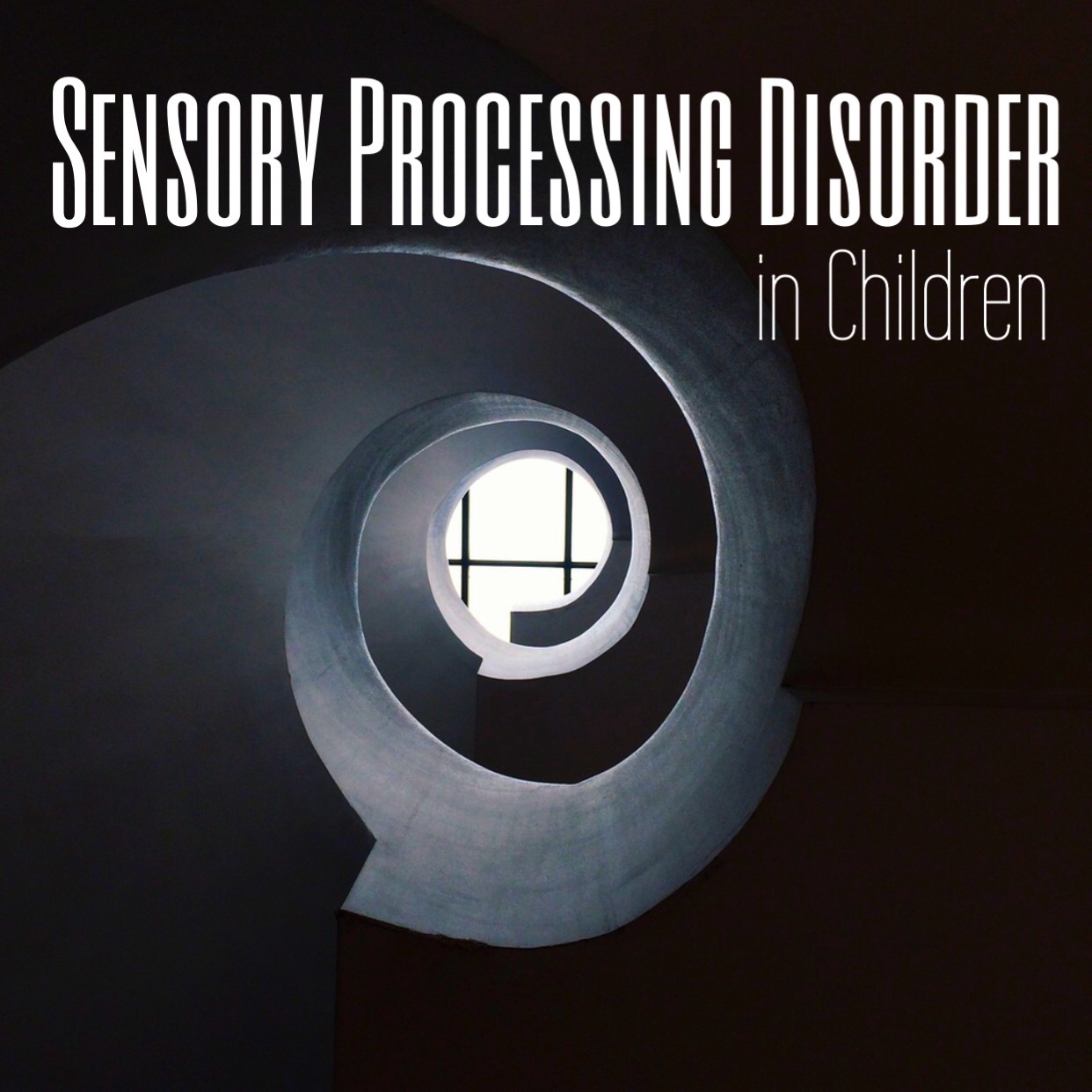
Perfectionism: Not So Perfect
The Problem with Perfectionism
Bob Vass, PLPC, NCC
A person’s blind pursuit of perfection causes constant frustration and pain. If you are a perfectionist, by trying to achieve the impossible in every area of your life, you set yourself up to fail again and again. By demanding perfection in trivial endeavors as well as in matters of consequence, you can create a self-defeating tyrant.
Do not misunderstand the point. For the professional or for the homemaker, whether you are a doctor, a teacher, a minister, or a housewife— you should still expect much from yourself. The difference, however, is that you should learn to establish priorities and to seek progress, rather than perfection.
You should evaluate your activities and decide what is really important. Focus energies in areas where they will make a difference. Try to remain self-aware and honest in order to continue building self-esteem.
This involves social responsibility. Cultivating relationships with others is extremely important, and working toward spiritual progress by applying principles learned from life and from God’s Word is invaluable. From the ordinary experiences of life, no one can be ‘perfect’ in the everyday world of work and relationships. God’s Word teaches that spiritual perfection can never be obtained by working for it; the Christian can only obtain it in Christ and in His Word. Only by putting your faith in the finished work of Christ can you claim righteousness because it is imputed righteousness, not works righteousness.
Just as you can never gain perfection spiritually, it is also true psychologically, emotionally, socially, and intellectually. Dysfunctions develop when people believe that they should be perfect in these areas.
What can be done about this?
In his book Perfecting Ourselves to Death, Dr. Richard Winter suggests the following: First, you need insight into the problem, and you need a realization that your view of reality may be skewed. Second, you must evaluate the pros and cons of your perfectionism. To see the negative consequences of perfectionism, is the first step toward understanding that the negative side very much outweighs the positive benefits of trying to be perfect. If you are a perfectionist, you are terribly afraid of making a mistake or failing to complete a perfect effort; when you miss the mark, failure becomes devastating. Because of the failure, you can become ill, you might quit trying, or you could become quite emotionally dysfunctional. When it comes to perfectionism, the costs always outweigh the benefits. Perfectionists, according to Winter, “. . . are convinced that their way of thinking protects them from mediocrity and prevents mistakes.” Nothing could be further from the truth.
Third, as a perfectionist, you must recognize your particular cognitive distortions. One of the most prominent is the “all-or-nothing” type of thinking. This cognition “escalates” a task from something you want to do to something you have to do. If you are a perfectionist who does not achieve perfection, you often must react against yourself through punishment, self-doubt, or depression.
There are many strategies that can counter perfectionism, such as keeping a cognitive behavior journal, or engaging in group or individual therapy. In some cases, you must seek help from professional counselors. If perfectionism persists, it can possibly result in OCPD, narcissism, eating disorders, depression, or a wide range of anxiety disorders. For perfectionists, life is a series of endless examinations based on accomplishments or looks. When these “exams” are not passed with “straight A’s”, the consequences can be debilitating or devastating.
Perfectionism does not lead to success; rather, it results in the curse of believing in the impossible. It glosses over the natural flaws of being human, and dons the cynical mask of intolerance toward self and others. In order to defeat the effects of perfectionism in your life, you must develop the courage to face failure, and the willingness to learn from it.
 About the Author
About the Author
Bob has been a high school teacher for the past thirty years and is passionate about counseling both teenagers and adults. He is a member of the American Counseling Association and the American Association of Christian Counselors. For his complete bio, click on the picture to the left…





